I have had the opportunity to talk to many composers, but Béla Zsoldos is one of the most, if not the most versatile. His instruments include classical percussive instruments, jazz vibraphone, percussion and drums. He is an artistic director and composer, working with Hungarian and foreign music personalities. Béla Zsoldos, a Liszt Ferenc Prize winner, has also made a significant contribution to the promotion of his profession, including as vice-president of the Hungarian Jazz Association, as a member of the board of the Hungarian Music Council and as a member of the Fonogram Prize Awards Committee. He has been teaching for more than three decades, and as an associate professor at the Liszt Academy of Music he has also played a significant role in the education of young professionals. As he approaches his 70th birthday, he will give a concert at Müpa Budapest on 27 January with László Dés, Gergő Borlai, Dániel Zsoldos, Gábor Zsoldos and the Budapest Jazz Orchestra. We talked with him.
You were born and raised in a famous family of musicians. What can we know about this?
I would mention Ernő Zsoldos, Imre Zsoldos and László Zsoldos from my family. They were three brothers, of whom Ernő Zsoldos was my father, who I lost when I was 16. Imre Zsoldos founded the Hungarian Radio Dance Orchestra with my father in 1948 at the request of the Hungarian Radio, which is still in operation today – now self-financed – under the name of Studio 11 Orchestra. The third brother was László Zsoldos, a journalist and composer, who wrote, for example, the Péter Máté hit “Tell me why you love someone else”. My father was a trombonist, but he also played several instruments. I lived and grew up in this musical world and was always at the concerts where the orchestra performed.
At the age of two you were already playing the drums, weren’t you?
We always had dance music or jazz on the radio, and I was playing on pots and pans. My parents even called a teacher to take care of me. After my father died, my uncle took over his role in my musical education. My dad always said that it was more than playing the drums if you could play percussion. Because at that time, drumming was not the only way to go to a conservatory or to study at university, he advised me to choose classical percussion, to get a degree in it, and to play the drums as well.
And you took his advice.
Yes, I started to study classical percussion at quite a young age, I graduated from the Conservatory, the Teacher Training College and the Music Academy. I have two diplomas, but I have never been a member of a symphony orchestra in the classical field, although I have played with many of them. I was interested in jazz and light music.
Can you recall your first encounter with jazz?
We listened to a lot of jazz music at home, for example Count Basie and others were played a lot at our house. My dad was still alive when the most fantastic big bands and performers from all over the world performed at the Erkel Theatre in the 1960s, and we were there for these concerts. For me, the big band was the first experience that left my mouth agape, the whole sound of it was captivating, and of course the way they played the drums was also a defining moment for me. Later on, I always watched the drummer in the Radio Dance Band, and at the age of five I was often able to sit next to him on stage.
How did you come to be active in several genres?
It’s definitely my instrument of choice, because there is no music that doesn’t have percussion. Being able to work well in the studio has allowed me to be at the forefront of music. I was able to play everything that was essential for the recordings on the first try. And another thing in my favour was that composers really like to get more from a performer than just echoing the sounds they have recorded. As a composer myself, I know from my fellow musicians who I will get more from. They got the same from me, which is why I was more willingly and more often invited to make music. In fact, I played with everyone in the genre, including classical music.
Why did you settle on the jazz genre?
I was completely enchanted by the sound of the vibraphone, which is one of the basic percussion instruments in jazz. I used to work a lot at the radio station, and after work I would go in at night and put a vibraphone in one of the rooms and practice until midnight. I couldn’t get enough of the sound, and that’s what made me commit to jazz.
You not only play but also create music. What else can inspire you to discover new tunes?
It’s hard to say. A composer’s job is to sit down at the piano every now and then and write pieces. But sometimes it happens the other way round, that is, I think of something and it’s actually already finished. This is what is called the creative force in classical music masterpieces. It is not written by the composer, we don’t even know whose work it is. It just comes out and it’s formed in your head, and I think that these are the really good works, because you can write anything you know, but what’s born in your head is the real thing.
The Budapest Jazz Orchestra will be your partner for the Müpa Budapest concert. How is this collaboration and how long has it been going on?
I’ve been working with the Budapest Jazz Orchestra since its foundation in 1998. I have an interesting piece, the Timpani Concerto, which is a three-movement timpani concerto with a symphonic version. They premiered the one for big band and I recorded it with them. Now we’re working together because I played several times with the Budapest Jazz Orchestra as a vibraphone soloist a few years ago and we really liked the sound. The big band and the vibraphone as a solo instrument are very interesting together because they don’t give the usual sound and atmosphere, but they sound more special.
What can the audience expect from this concert?
As this concert is to celebrate my round anniversary, I have written three new pieces, but there are also old ones in the repertoire and we will also play some works that are not yet my own. One of my guests, drummer Gergő Borlai, will also play a piece. I think that my music is exciting and interesting because I never use prefabricated elements, but I always look for musical solutions that are something special. There is always emotion in my pieces and that is what the audience loves. They are always about something, and they are never self-serving.
As a member of prestigious professional committees, how do you see the state of the jazz genre today?
The situation has improved very considerably, with much more financial support than in the past. About twenty years ago I was appointed to the NKA Music College and had the opportunity to participate in the decision-making process. I have had a very difficult time, but I have managed to make significant changes, to gain acceptance and professional recognition in a short time. Having worked with many classical musicians, I was also able to discuss classical music proposals. I think it’s not enough to be enthusiastic, you have to be effective, and I think I’ve done that. It was very important to me that we should always consider the content of the application, not the person who submitted it. The genre has a serious financial basis, with the creation of the College of Light Music within the NKA, and there are now billions of forints available to support jazz music, which was unthinkable before, and I must add that this is not happening by taking money away from other genres. András Doncsev, Vice-President of the NKA, fought for this. It is a very important thing.
As you approach your 70th birthday, when you look back, what has kept you on track, what has helped you to stay loyal to music and your chosen genre, jazz?
I’ve worked and still work a lot, I’m constantly getting requests, I have a theatre show. Another genre, I’m the artistic director of the Zoltán Mága Production and I also orchestrate the music they play. I have serious responsibilities, I also work for foreign musicians such as David Foster, the renowned music producer, songwriter and composer. I’m also an instrumental soloist, so it’s a diverse and exciting environment for me all the time. I’ve been teaching for over three decades, I know young people, I do a variety of things, so I’ve always been able to keep the field fascinating for me.
Get your ticket here for Béla Zsoldos’ concert!
Interview: Anna Rácz
Translation: Nóra Fehér

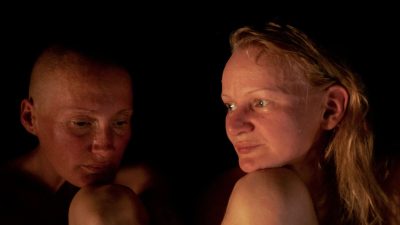
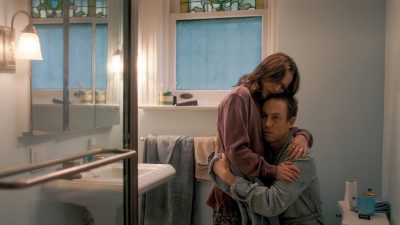
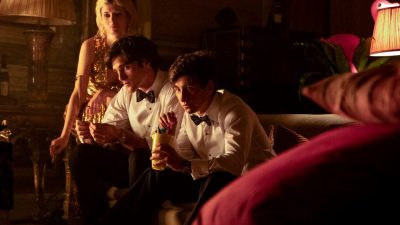
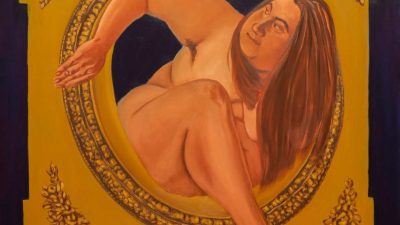
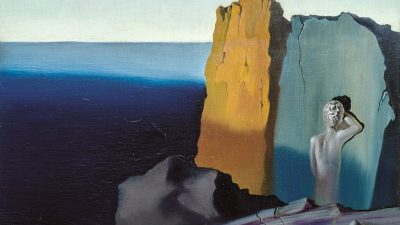



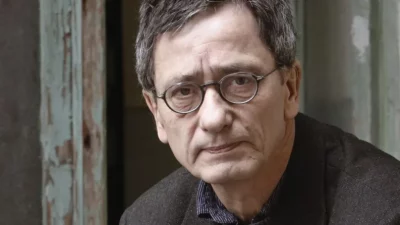



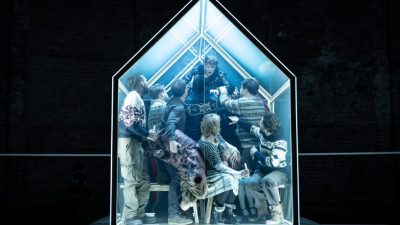
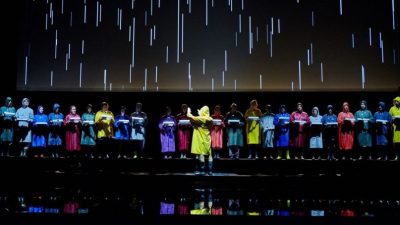


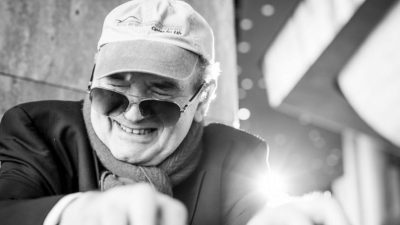


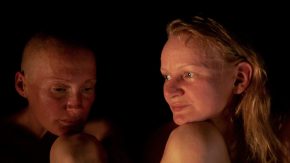
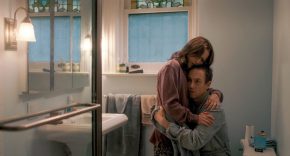
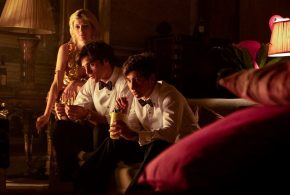
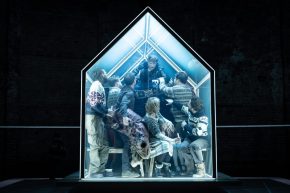

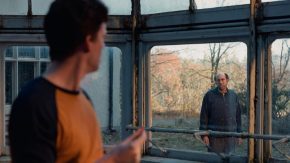
Comments